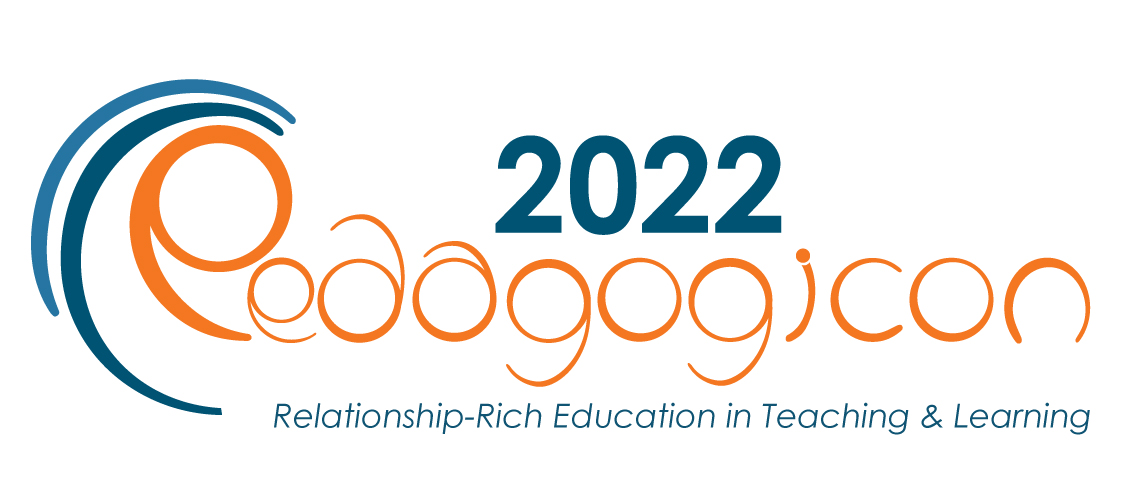Publication Date
2023
Abstract
Student engagement in learning and relationship building among faculty and students can be challenging in an online learning environment. Relatedness and positive engagement with other students and faculty foster positive learning outcomes. The intentional application of the Universal Design for Learning (UDL) engagement guidelines and checkpoints (CAST, 2018) with Chickering and Gamson’s (1999) Seven Principles for Good Practice accommodates learner variability and promotes relationship-building experiences. In an online M.Ed. program, key elements and strategies of the UDL engagement guidelines and the Seven Principles are integrated in curriculum, teaching methods, and learning activities. Implications for practice related to the application of these relationship-building strategies and instructional design principles are discussed.
Creative Commons License

This work is licensed under a Creative Commons Attribution 4.0 License.
Applying Universal Design for Learning (UDL) Principles for Building Intentional Student-Faculty Relationships in an Online Graduate Program
Student engagement in learning and relationship building among faculty and students can be challenging in an online learning environment. Relatedness and positive engagement with other students and faculty foster positive learning outcomes. The intentional application of the Universal Design for Learning (UDL) engagement guidelines and checkpoints (CAST, 2018) with Chickering and Gamson’s (1999) Seven Principles for Good Practice accommodates learner variability and promotes relationship-building experiences. In an online M.Ed. program, key elements and strategies of the UDL engagement guidelines and the Seven Principles are integrated in curriculum, teaching methods, and learning activities. Implications for practice related to the application of these relationship-building strategies and instructional design principles are discussed.


